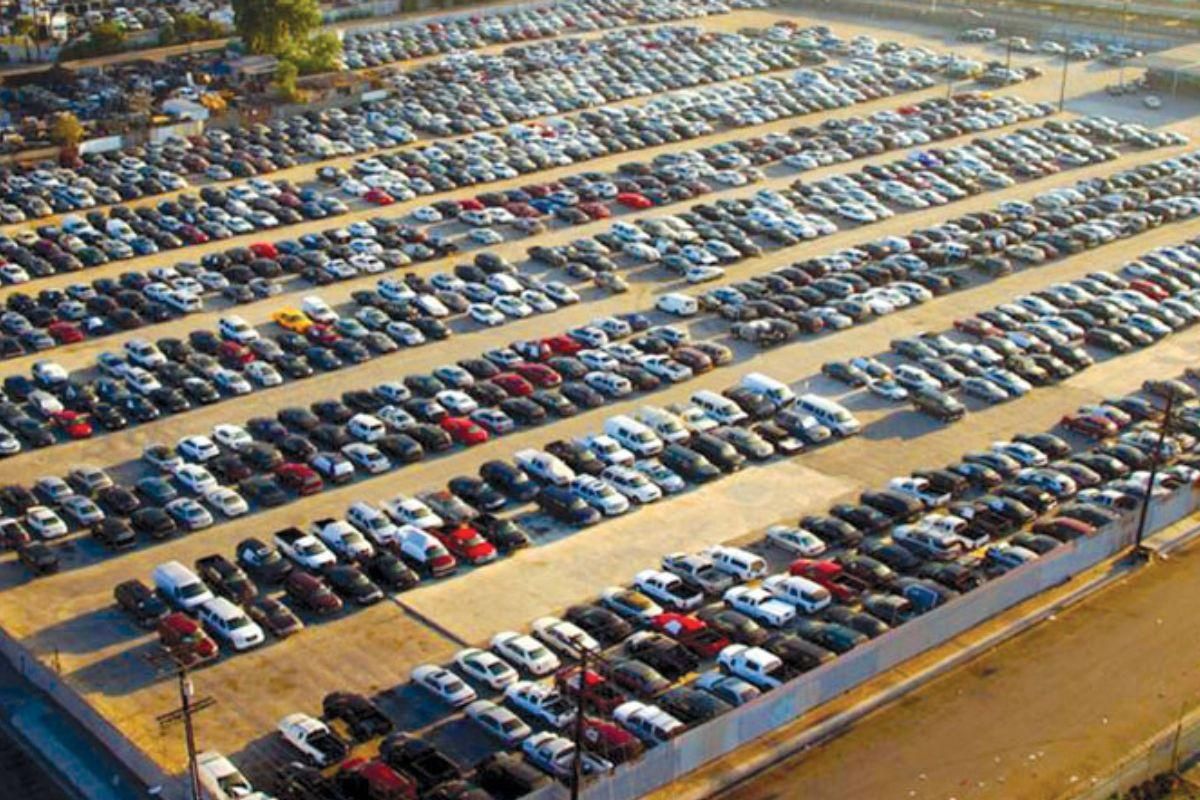Dallas-based global vehicle seller Copart Inc. (Nasdaq: CPRT) reported Q3 2025 revenue of $1.2 billion, gross profit of $552.3 million, and net income of $406.6 million. Metrics rose between 5.1% and 7.5% YOY.
Nine month numbers—$3.5 billion, $1.6 billion and $1.2 billion, respectively—were up by 9.4% to 11.2%.
Earnings per share for the quarter were 42 cents, up 7.7% and meeting analyst expectations. For nine months they were $1.18, up 10.3%.
Quarterly revenue, however, slightly missed projections, by about 1%.
U.S. gross margins hit 48% in the quarter, the company said on its earnings call.
Copart reported results after markets closed May 22. Shares declined 4% in early May 23 trading, possibly a response to its slight revenue miss.
It sold more than 4 million units worldwide last year, with buyers in 185 countries and 250 physical locations in 11 of them, in North and South America, Europe, and the Middle East.
Copart said it had $5.6 billion in liquidity at the end of the quarter, 78% in cash with the rest revolving credit. Last year at this time it had about $4.4 billion total, according to Morningstar.
Total Losses Higher
On Copart’s quarterly earnings call with investors and analysts, CEO Jeff Liaw said total loss frequency hit 22.8% in the first three calendar months of 2025, up 100 basis points or 1 percentage point year-over-year.
This tops the 22.2% total loss frequency was trending toward for the year on its Q2 call in March. Liaw said then, “total loss frequency drivers certainly continue unabated. … Repairing cars becomes less attractive as time passes.”
This trend is generally connected to increasingly complex and costly repairs, as well as perennial damage from storms and hurricanes. An insurance industry trade journal said mid-May weather in the central U.S., where 70 tornadoes were reported over two days, caused about $10 billion in damage and economic loss of all kinds.
Liaw said on the May 22 conference call the company expects this year’s storm season to be as active as 2024.
Copart anticipates such events in part by buying land to store vehicles for protection against weather. In April, it paid $65 million for 40 acres in Palm Beach County, expanding its South Florida holdings. Liaw said on the Q3 call it now has enough land there “to handle a storm more than three times the size of the largest Florida storms on record in Copart history.”
He said “storage is increasingly difficult to procure anywhere in the United States.” CFO Leah Sterns said on the quarterly call, “U.S. facility-related costs increased $43 million, or nearly 12%.” In Q3 it also “recognized $6 million in incremental costs” from hurricanes last fall, including deferred expenses. Excluding hurricanes it saw facility costs rise about 10% year-over-year, she said.
Ironically, weather events can drive higher numbers of totaled vehicles—good for Copart’s business—while threatening cars it already owns if they can’t be stored properly.














Paul Hughes